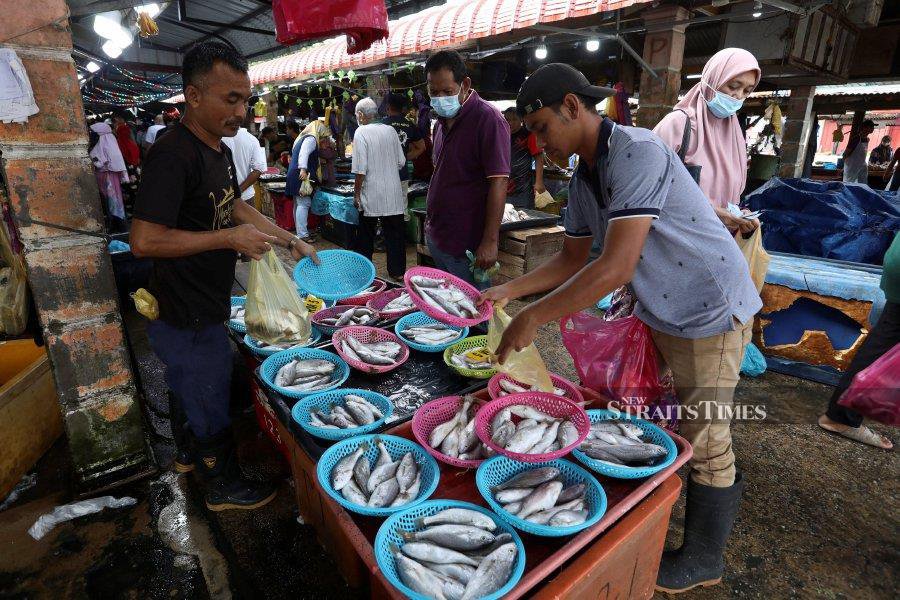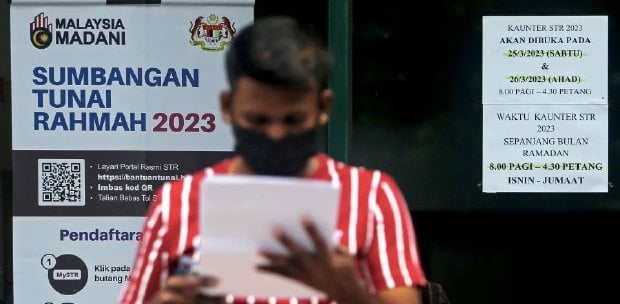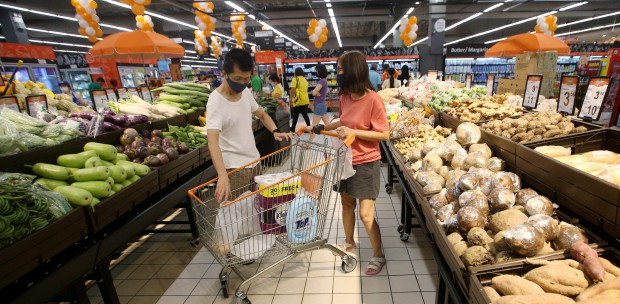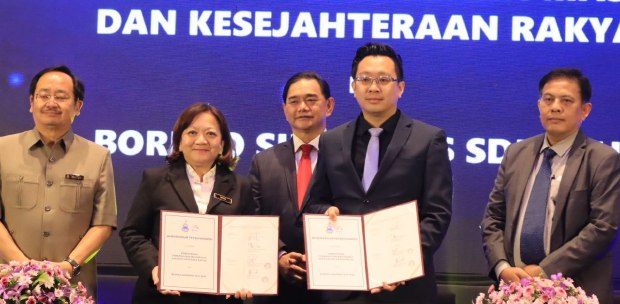DESPITE the government trying to balance expectations between chicken breeders, chicken sellers and consumers, interventions — such as price controls, subsidies and export ban — should only be for the short term.
In June, EMIR Research wrote an article, "Thinking out of the box beyond price control measures", which showed that price restrictions would disincentivise chicken breeders from producing more chickens.
A prolonged higher ceiling price might not resolve the problems and challenges that producers face in relation to input costs, which include labour shortages and the removal of subsidies.
As Malaysia depends on imported raw materials for agro-food farming and production, inflationary pressure, from the costs of inputs for production and consumer items, will ensure inflation remains elevated, at least in the medium term.
However, global inflation may have peaked, according to IHS Markit.
But then, though prices of commodities, such as wheat, are falling, intervening factors and dynamics, such as logistical bottlenecks, could neutralise the gains.
This is seen in our food production where the imported content in the form of inputs is high in terms of quantity and price.
This would explain why fertiliser, wheat and maize were among the raw ingredients that saw price hikes by 84.7, 60.9 and 14.8 per cent, respectively, according to the Department of Statistics.
Although price controls existed for months, the price of chicken still increased, from 13.4 per cent in May to 17.2 per cent in June.
Also, vegetables saw a price increase of eight per cent.
Tomato recorded the highest year-on-year average price increase by 24.6 per cent, from RM5.33 per kg in June 2021 to RM6.74 in June this year.
Bird's eye chili, lady's finger and long beans saw price increases of 24.1 per cent, 20.5 per cent and 17.1 per cent, respectively.
With regard to rising food prices, EMIR Research has short- and long-term policy recommendations:
FOR the short term, introduce targeted food aid measures for B40 households and hardcore poor households in the form of vouchers.
This will ensure the aid is used only to buy food;
SPEED up approvals of hiring foreign workers to counter the labour shortage; and,
INVESTIGATE the upstream and midstream food supply chain.
The Domestic Trade and Consumer Affairs Ministry could conduct spot checks on whether wholesalers marked up prices excessively before distributing the end product to retailers and sellers.
FOR the long term, shorten and localise the food supply chain by increasing self-sufficiency in inputs (raw materials like fertilisers and feedstock).
This involves partnerships with Asean neighbours;
THE government could provide more tax incentives, grants and reskilling opportunities for farmers to improve the farming environment through technology applications like the Internet of Things, Big Data and artificial intelligence.
This would empower farmers to produce more high-quality food;
INTRODUCE supplementary indexes of inflation to reflect ground reality.
Aside from the Consumer Price Index and Producer Price Index, the Department of Statistics could also look into introducing the Wholesale Price Index, Retail Price Index, Import Price Index and Food Price Index;
STRENGTHEN public service delivery by applying the input-output-outcome-impact model proposed by Emir Research.
This could identify missing gaps while providing targeted fiscal support.
When the government mitigates food price inflation with effective policy measures, B40 and M40 households would have the assurance that they could cope with the rising cost of living and have access to good food.
The writer is research analyst at EMIR Research, an independent think tank focused on strategic policy recommendations based on rigorous research.





